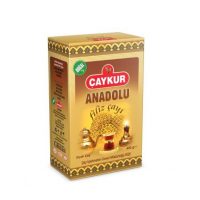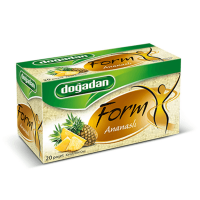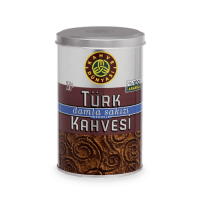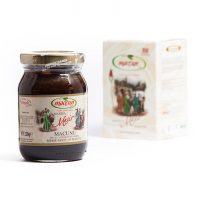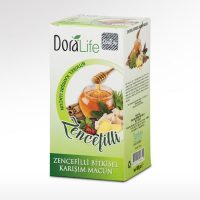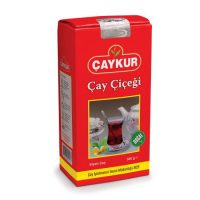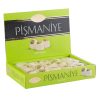Turkish Fairy Floss (Pismaniye) with Pistachio by Kafkas
$19.49 – $49.49Price range: $19.49 through $49.49
Premium Quality
Pişmaniye is an ancient Turkish sweet that dates back to the 15th century. It is also called “fairy floss,” “string halva,” “stretched halva” or “flax halva.” There are a lot of stories and local traditions surrounding pişmaniye. In the Turkish language, “pişman” means “regret.” As the Turkish saying goes, “Try it once and regret it once. Don’t try it and you’ll regret it a thousand times.”
Pişmaniye resembles cotton candy but it has a different texture and a deeper flavor. Unlike cotton candy, this specialty candy contains flour and butter, and the sugary mixture is pulled into thousands of fine, crumbly strands. These strands are gathered into bite-sized balls and boxed like candy. Pişmaniye comes in several varieties and it is sold plain or coated with chocolate, topped with ground pistachios or walnuts, and flavored with vanilla or cocoa powder.
History of Pişmaniye
The birthplace of pişmaniye is the Kandira district in the city of Kocaeli in Northwestern Turkey, not far from Istanbul. Today, fluffy floss is produced all around the country but the best still comes from this region. Unlike most Turkish sweets like baklava, you won’t find pişmaniye in your local market or pastry shop, as it’s usually sold in tourist gifts and souvenir shops and in some upscale charcuterie shops.
Since pişmaniye can be stored for a long time without refrigeration, buying it as a gift for family and friends is a common tradition throughout Turkey. Many wait until they travel through the Izmit area and stock up for future gifts.
Brand
Kafkas
All the orders are shipped from Turkey via DHL. We are happy to work with a well-known shipping company.
We ship worldwide by DHL and we will inform your tracking number immediately after your order is shipped.
The preparation time is between one to four working days. The preparation time may be longer for hand made products. Those products are specifically produced for you and it is generally 7 days. If it is longer than 7 days, the details can be found in the description section of the product page.
There are two options for delivery. The first one is DHL Express and it is the faster option. Your order will be at your shipping address between 1 day to 7 days. Details are listed at the bottom. The second option is Normal shipping. Delivery time takes between 25 days to 30 days for Normal shipping. If you are not in a hurry you can always prefer this method.The shipping cost is calculated by the total price of your order. If your cart total is greater, the shipping cost will be lesser. You will earn free shipping when your order total is over 100$.
Estimated delivery times for DHL Express Shipping:
- UK: 1-3 days
- Europe: 1-3 days
- U.S.A and Canada: 2-4 days
- Middle East: 2-4 days
- South America: 2-5 days
- Rest of the World: 2-7 days
Estimated delivery times for Normal Shipping:
- All over the World: 25-30 days
For more information about our delivery service please check here.


